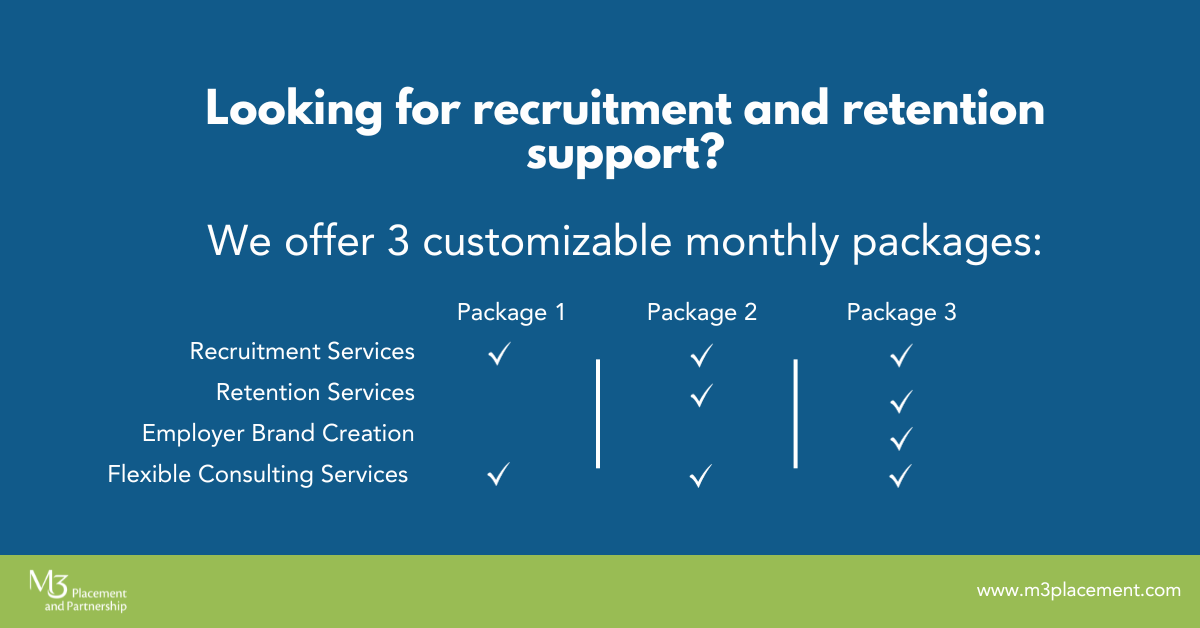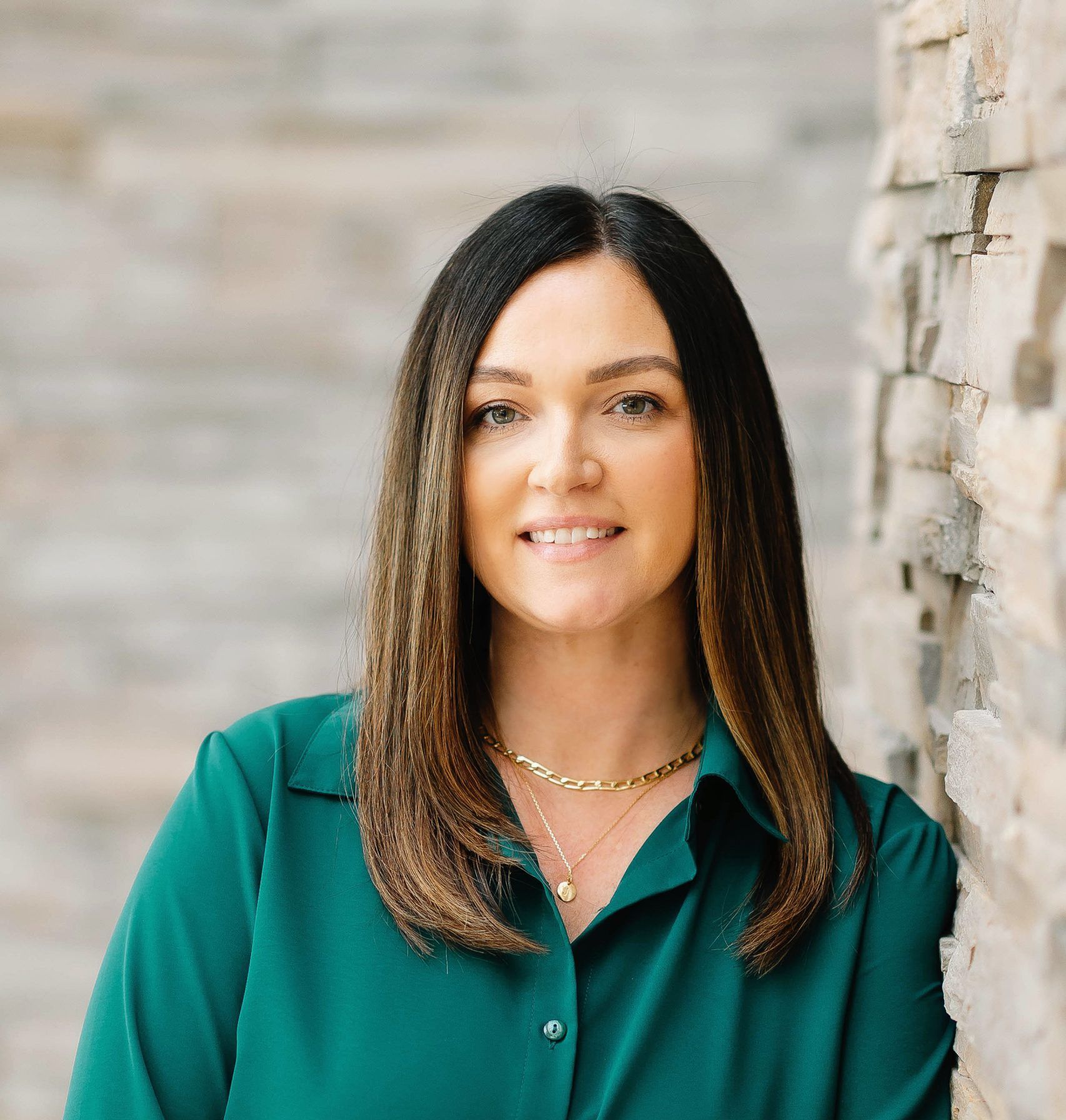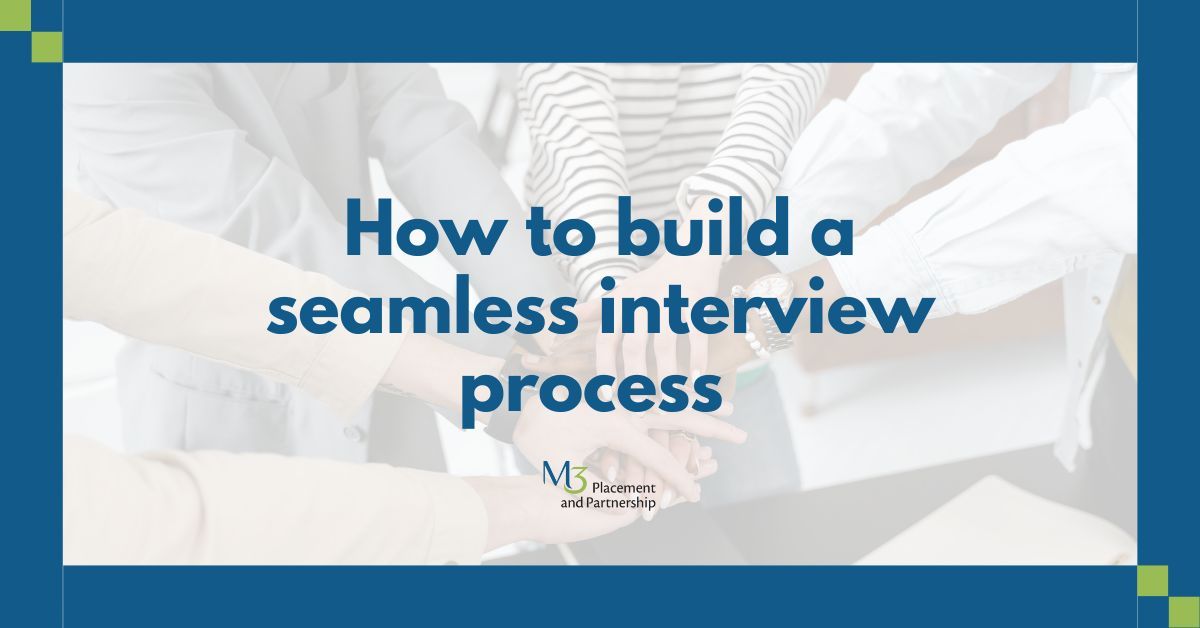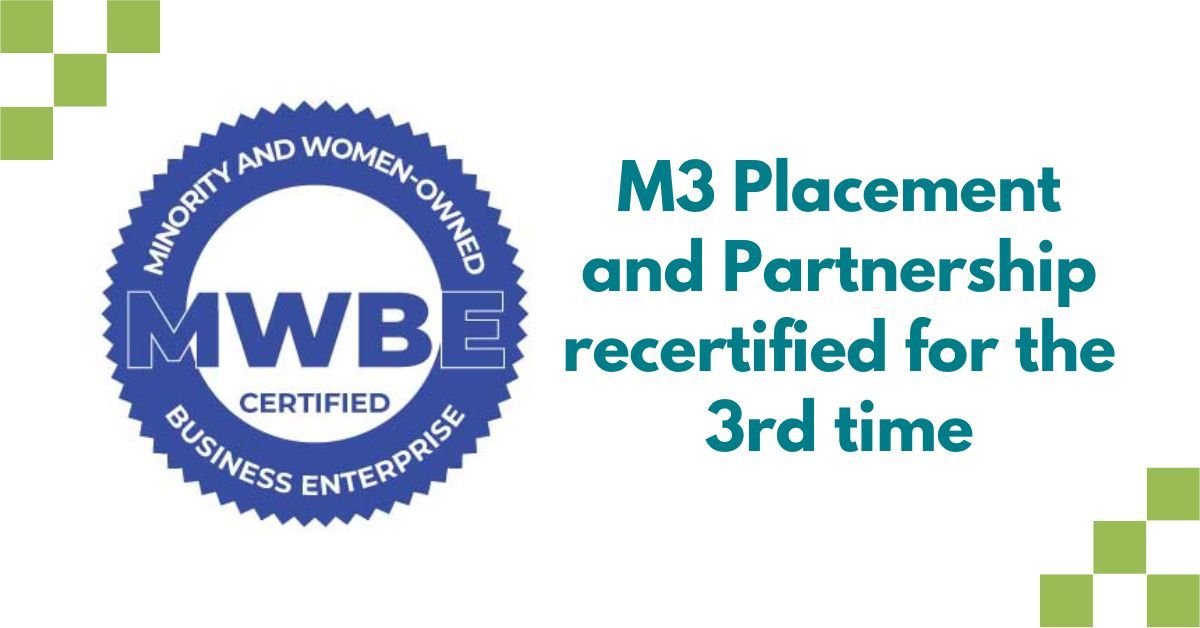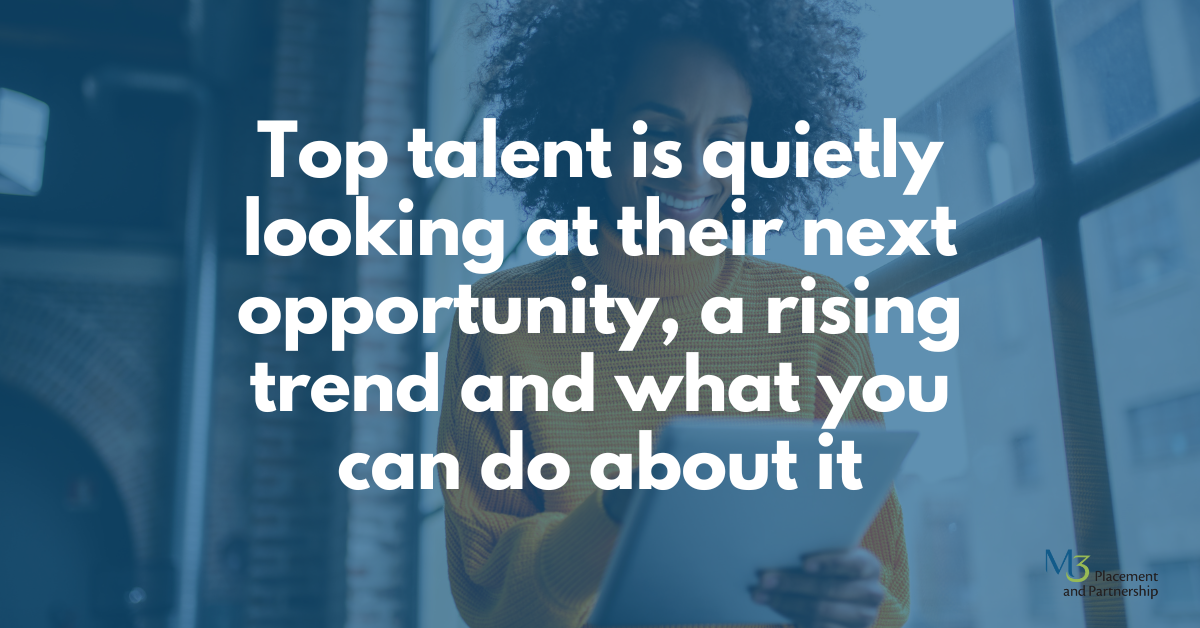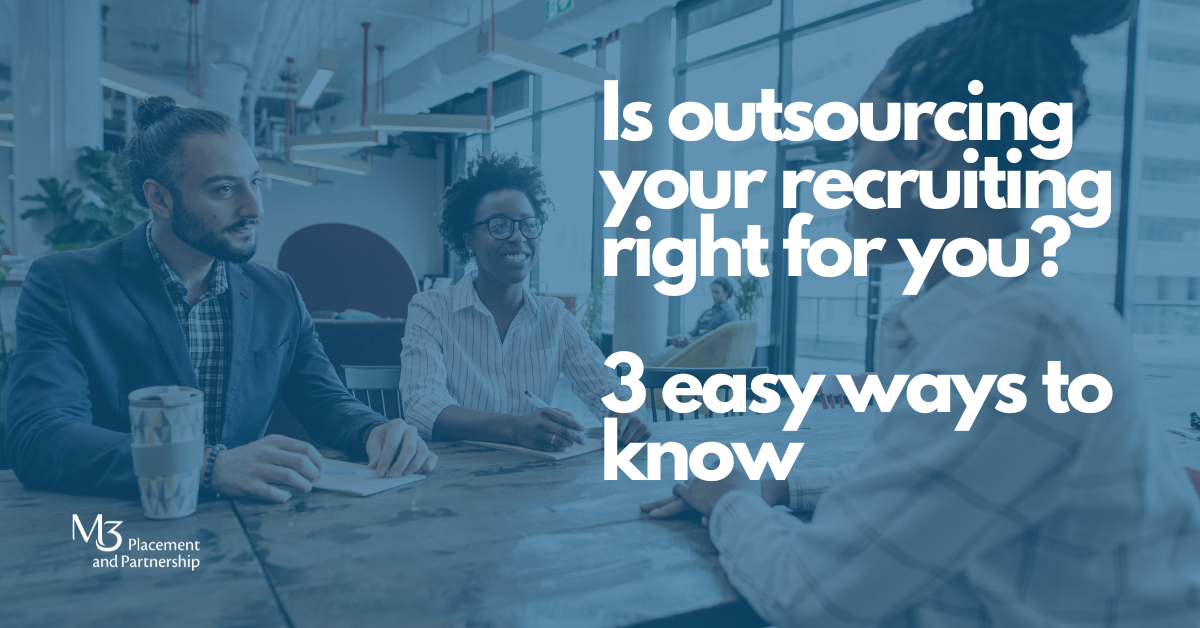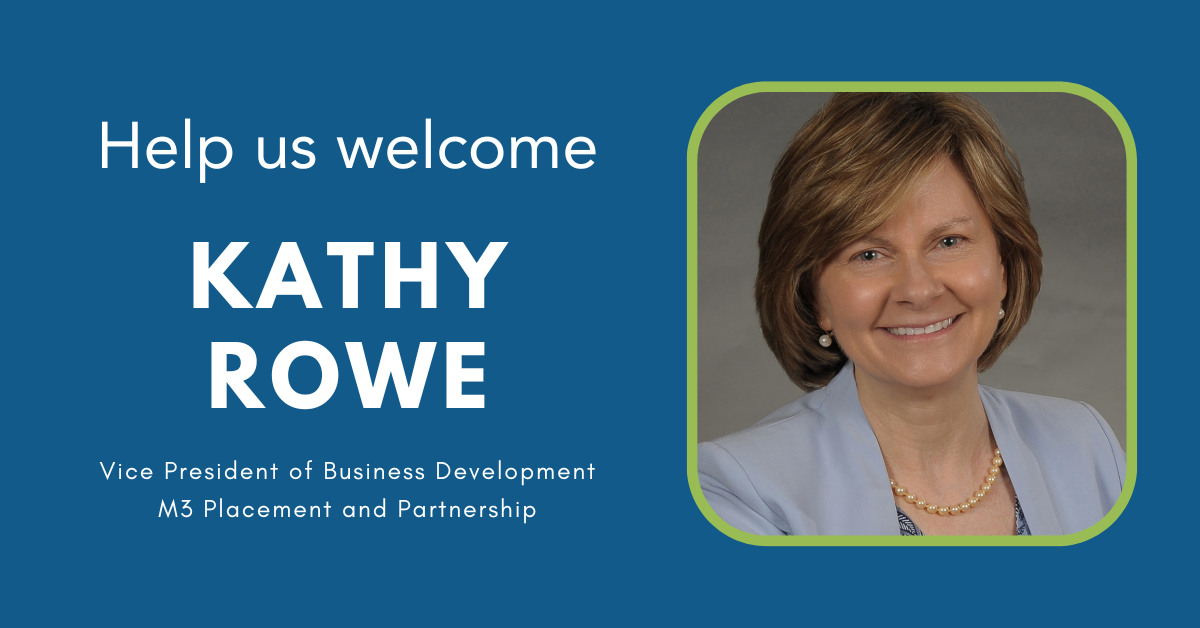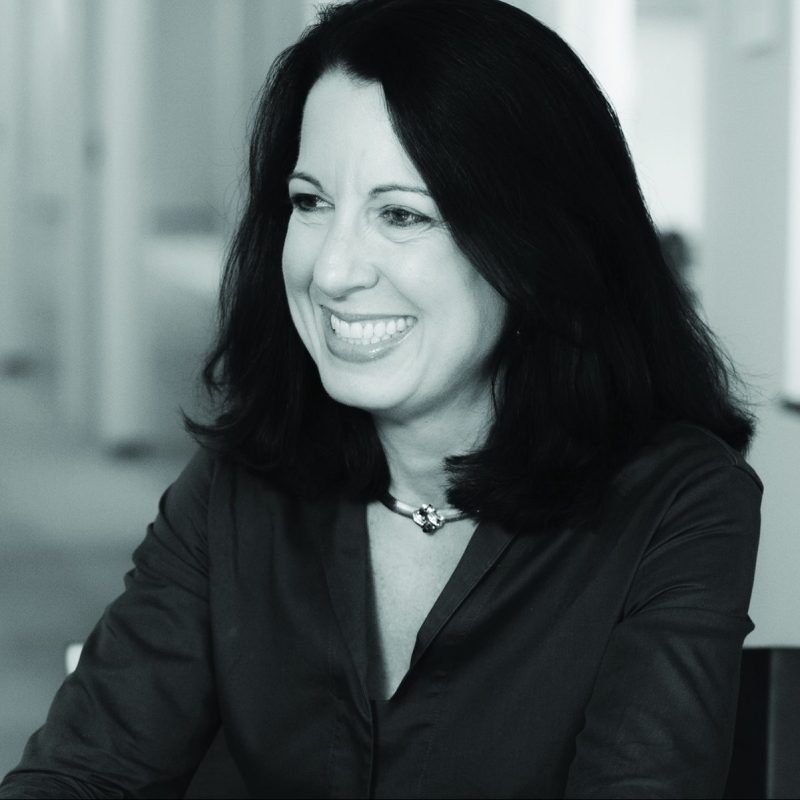Our team has over 25 years of experience working with organizations across industries and sectors to deliver top talent. Today, we want to share the areas we have found that are in need of improvement across the recruiting process, no matter what industry you’re in or what role you’re trying to fill. Talent acquisition isn’t easy but is often the key to achieving strategic initiatives, meeting business goals, and successfully navigating periods of high growth.
Area of improvement #1: Share what makes your organization unique
You are competing for top talent, no matter what industry you are in or what role you are looking to fill. One of the easiest ways to compete is to showcase who your company is- not just what you do.
Talk about the organization’s mission, vision for the future, values, and beliefs. All of these will help a potential candidate to see themselves in the organization and decide if the role is a good fit for them personally and professionally. We consistently hear, “I want to be a part of an organization that I can connect with.” So, it’s up to you to show them the parts of the organization they can create a connection to.
Area of improvement #2: The recruiting process takes too long
The length of time your interview process takes depends a lot on the industry, role, and organizational structure. Regardless of these factors, candidates have high expectations for communication throughout the process and want to understand what comes next. Long gone are the days when you can wait 2-3 weeks to respond to an application or resume and then expect an applicant to slog through 6 weeks of interviews and 2 weeks of time to decide.
Follow up quickly with candidates who fit your ideal profile and keep them up to date on the process and how long each step will take. Don’t lose out on talent because your process takes too long or isn’t clear enough. Be effective and proactive in your process, the candidate begins experiencing your company with your first outreach for an interview. Once the process has started, check in along the way, and offer next steps or opportunities for questions or touch bases.
Area of improvement #3: Make the application easy and user friendly
If an application is too cumbersome or people get stuck in the technology, they will walk away from the application.
Before you post any application ask yourself these three questions:
- Is this mobile friendly- can this be filled out easily on someone’s phone?
- Is this application easy to complete?
- Does the technology of this application require too many steps or is it hard to login to?
Area of improvement #4: The job description doesn’t tell the story of your organization
We know- job descriptions are cumbersome and detail-oriented. But they are key to communicating your open position with type of talent you’re looking for.
Take a deep dive into the nuts and bolts of the job description- the key qualifications, responsibilities, and measures of success in the first 6 to 12 months- to ensure the job description has been rewritten and refreshed with an eye on marketing the position to potential hires.
Area of improvement #5: The talent acquisition strategy isn’t proactive enough
The job market isn’t what it once was- don’t wait around for the resumes to come to you.
Instead, strategically post job listings in the places your talent is looking for and create postings that make the position stand out. In what is often referred to as “the war for talent” the winner is the company that can showcase that this isn’t just another seat to fill at a company, but the exceptional why behind the opportunity. And don’t be afraid to contact talent directly that you see on sites like LinkedIn. Build a proactive top talent list of candidates you’re interested in and bring the job listing to them.
Area of improvement #6: Bring all team members in on the interview process.
Recruiting is not just the job of human resource or talent acquisition professionals. It’s up to the hiring manager, receptionist, and anyone on the interview team to help make the experience a memorable and meaningful one for a top candidate.
The interview process starts from the moment that candidate walks in the door or logs on to the video conference. Include whoever will be interacting with the candidate in the process, giving them the tools they need to greet the candidate and welcome them into the folds of the organization. Hiring managers should be given the tools they need to follow up quickly and interview efficiently, effectively, and personably, allowing the organization’s best qualities to shine through.
You don’t have to tackle your recruiting challenges on your own. M3 Placement and Partnership is here to help you address every area of your recruiting process. We become the storytellers for your organization, immersing ourselves in your brand and your story so that we can share why top talent would want to be part of your next exciting chapter. Reach out to us at hello@m3placement.com if there is an area of your recruiting process that we can help you improve.
